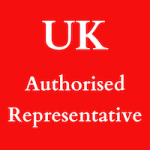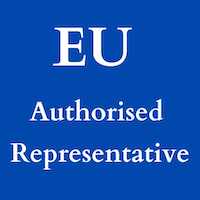CBD laws UK
CBD laws in UK – 2024
Updated: 29th February 2024
To understand CBD law in the UK we need to take a closer look at CBD – or cannabidiol – and its origins. The CBD found in the CBD oils available in the UK market primarily originates from that the industry calls ‘Industrial hemp’. Another term you need to know is the Latin name, Cannabis sativa L.
Historically, Industrial Hemp has been grown for its fibres for use in the production of clothing, rope, paper, and building materials. However, today, advancements in technology and a better understanding of its therapeutic properties have led to growing industrial hemp to produce CBD for use in food, food supplements, cosmetics, and vape products.
Jump to:
Is CBD legal in the UK in 2024?
THC vape juice legal limit in UK
Legality of CBD flower and bud in the UK
Is CBD legal in the UK in 2024?
Yes, CBD is legal to buy in the UK in 2024 provided controlled cannabinoids such as tetrahydrocannabinol (THC) are limited to no more than 1 mg per container. But THC limit is just one requirement. Since 2020, CBD food and drink require a Novel Food authorisation issued by the UK’s Food Standards Agency (FSA). This process involves submitting a dossier of toxicological data for review and approval by the Agency. It can take at least 1 year to get approval and can cost in the upwards of £50,000. Read on to learn more.
CBD laws in UK are changing
The current laws governing cannabidiol in the UK are inadequate because they were created prior to the emergence of CBD oils in the market.
In next few years, we can anticipate a revision of the existing CBD regulations in the UK. Industry and government are working together to refine the laws governing cannabidiol in the UK and Europe. One hot topic of discussion is the lawful content of THC for CBD products.
Speed read the CBD laws in the UK
Short on time? Read our quick guide on UK CBD law and regulation below. Further explanation follows the speed read section.
Updated: February 2024
| Legal Status | Comment | |
| CBD oils, supplements, food & drink | Novel Food | As of 13th February 2020, new CBD food, drink and supplements on the market require a Novel Food application. |
| CBD Cosmetics | Permitted | Cosmetic regulation applies to CBD cosmetics along with THC limit. |
| CBD Vapes | Permitted | THC limit applies. Non-nicotine vape product regulation applies, therefore, refer to General Product Safety Regulations. |
| CBD Flowers | Under Transition | New legal precedent paves way for legal CBD flower varieties. |
Importing raw CBD into the UK
No strict requirements apply for importing CBD into the UK provided THC is below 0.0025%* or not detected* by the authorities at the border.
*as verified by UKAS accredited ISO lab or equivalent with LOQ 0.0025%.
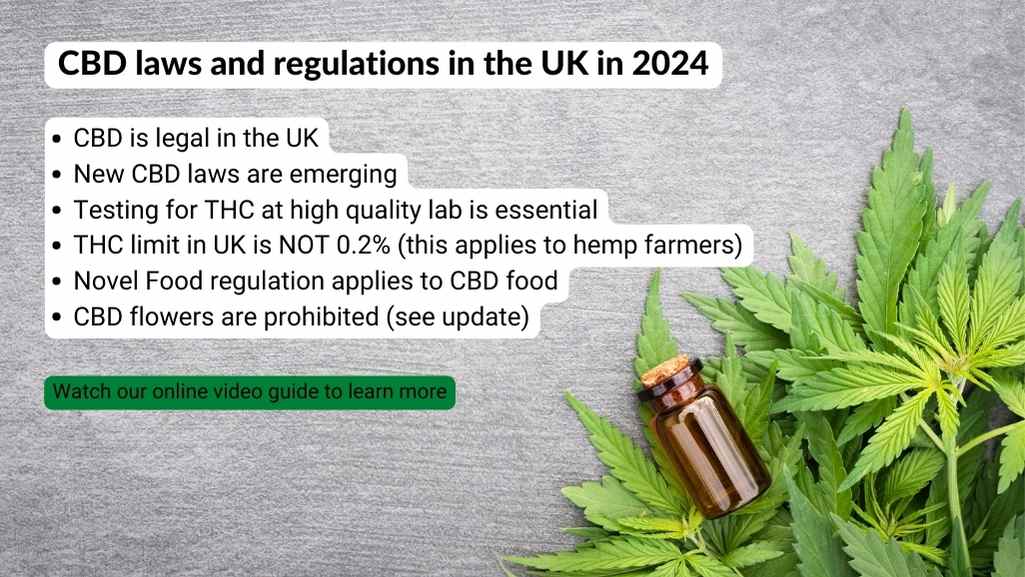
Hemp Licence
Whether you wish to apply for novel food status or any other type of license relating to CBD or hemp requires significant capital, time and resources.
Selling CBD in other EU markets
Each Member State has their own laws on CBD, most more strict than the UK and so expert advice is required to navigate local laws.
Want to learn more about CBD regulation and testing?
Get immediate access to our online video guides. Learn about CBD Novel Food regulation and more.
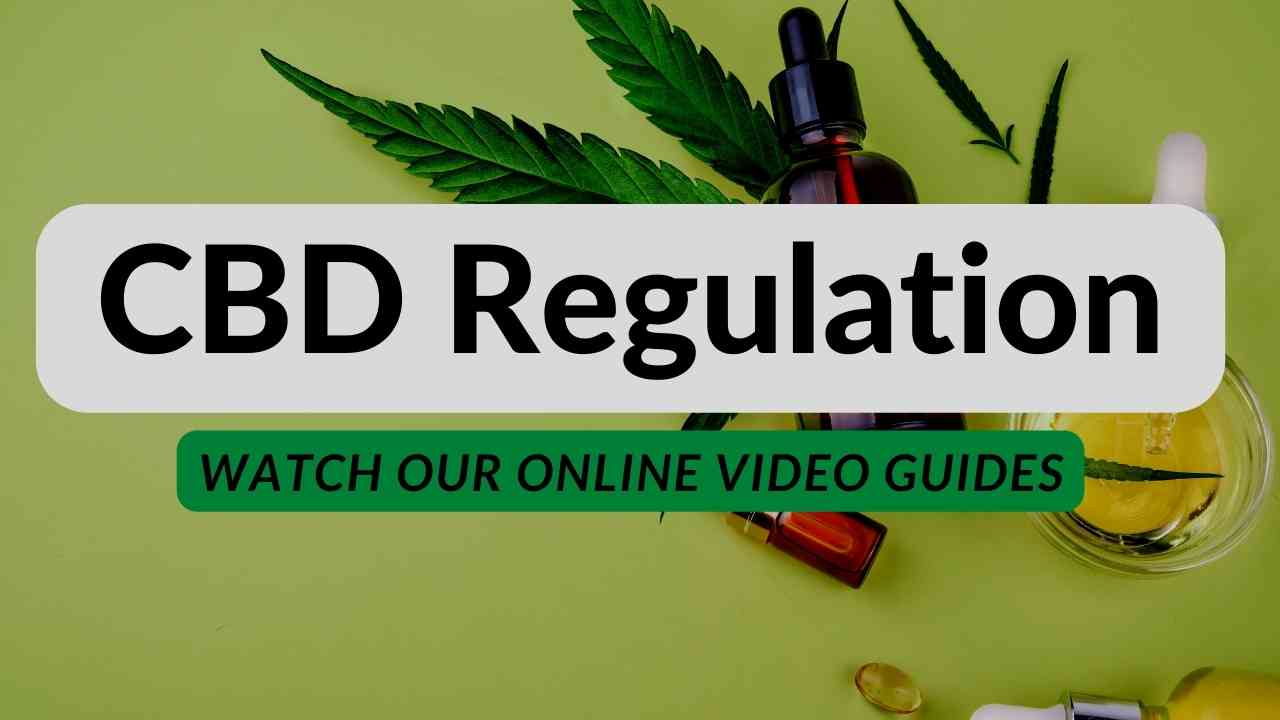
Is CBD oil legal in UK?
CBD oil is legal in the UK provided the manufacturer complies with specific rules. Since 2020, CBD oils as food supplements, food and drink must comply with novel food regulation. This involves a special procedure where the product must be approved by the authorities before marketing. It takes significant resources to bring a novel food product to market.
The legal THC limit in UK
There is a misconception that the legal THC limit in the UK is 0.2%, however, this is incorrect. To clarify, the 0.2% figure refers to the threshold for subsidies for the cultivation of cannabis and is not the legal limit THC for the UK.
Legal THC limit in UK is not 0.2%
So the 0.2% does not relate to the CBD oils, capsules, drinks available bought in shops. In fact, we are advising that products should contain no THC (or ‘not detected’) as verified by an accredited lab with a limit of detection of 0.0025%. We explore this matter in more detail below.
Learn about medical cannabis law in the UK
Read our latest blog post
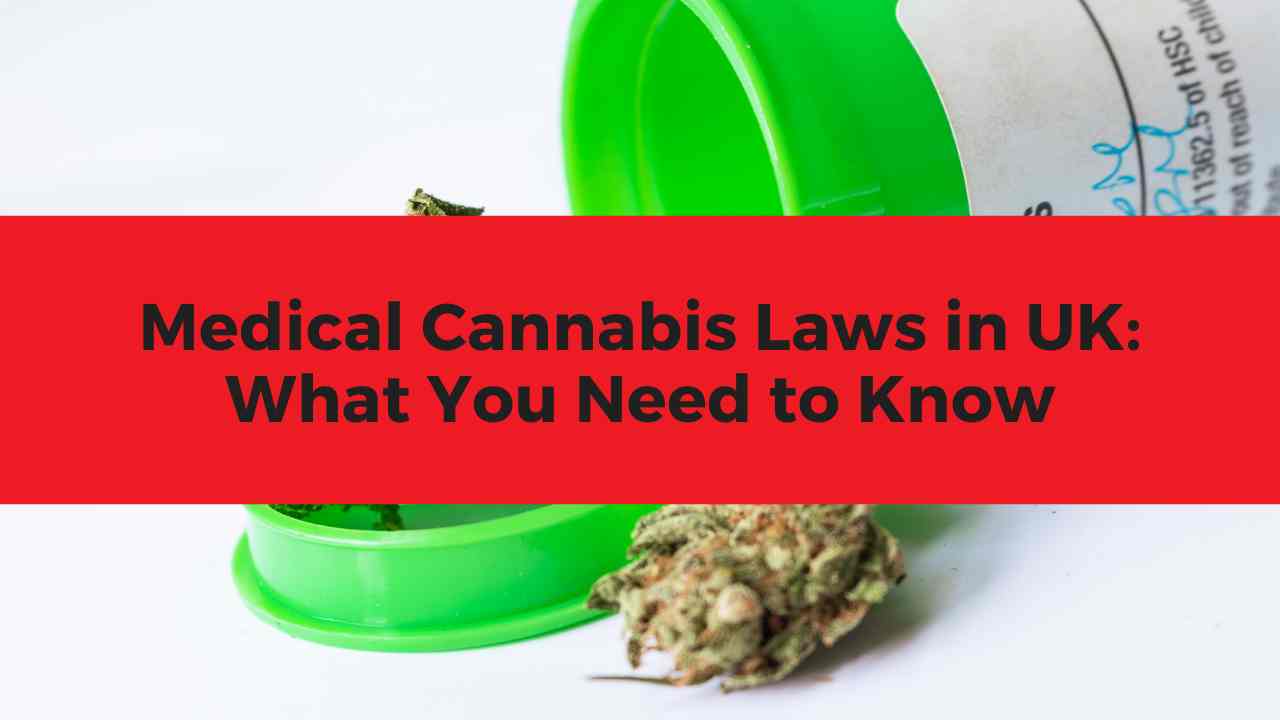
Misuse of Drugs Laws in UK
The reason for the confusion on THC limits is probably because the rules for THC limits for CBD are not explicit in UK law. But we can get some clarity from the cannabis and controlled drug laws including Misuse of Drugs Act 1971, 2001 and 2010. These laws lay down the strict conditions for which THC is allowed.
So what is the legal THC limit in the UK?
Specifically, under the Misuse of Drugs Regulations 2001, ‘exempt product’ status allows for the presence of no more than 1 mg of THC per pack provided certain conditions are met. This is the legal THC limit in the UK but the story doesn’t end there.
‘Exempt Product’
The ‘exempt product’ framework is not suitable for CBD products by virtue of its conditions. Nevertheless, the UK authorities are applying this THC limit and testing CBD products at the UK border and seizing products that test for over 1mg of THC (per container). Do you want to learn more about the legal THC limit in the UK? Check out our online CBD regulation course.
THC vape juice legal limit in UK
In the UK, the legal limit for THC vape juice is the same as the limit for all other CBD products. CBD vapes are subject to the “exempt product” rule, just like other CBD products. However, the limit for THC vape juice is not clearly stated, causing some confusion in the market. While some UK vape businesses believe the legal THC vape juice limit is 0.2%, this is inaccurate. The 0.2% relates to subsidies for cannabis cultivation, not CBD products, including CBD vape juice. In fact, as of 2024, the legal limit for THC vape juice in the UK is 1mg per container (bottle/cartridge).
FAQ
Is cannabis legal in the UK?
Cannabis is a controlled substance in the UK. In fact, some parts of the plant are permitted for sale in the UK such as the seeds and stalks but farmers must destroy most of the plant once harvested.
Is cannabis oil legal in the UK?
Cannabis oil is legal in the UK provided THC limit is no more than 1mg per container/bottle. Novel food regulation applies for ingested cannabis oils.
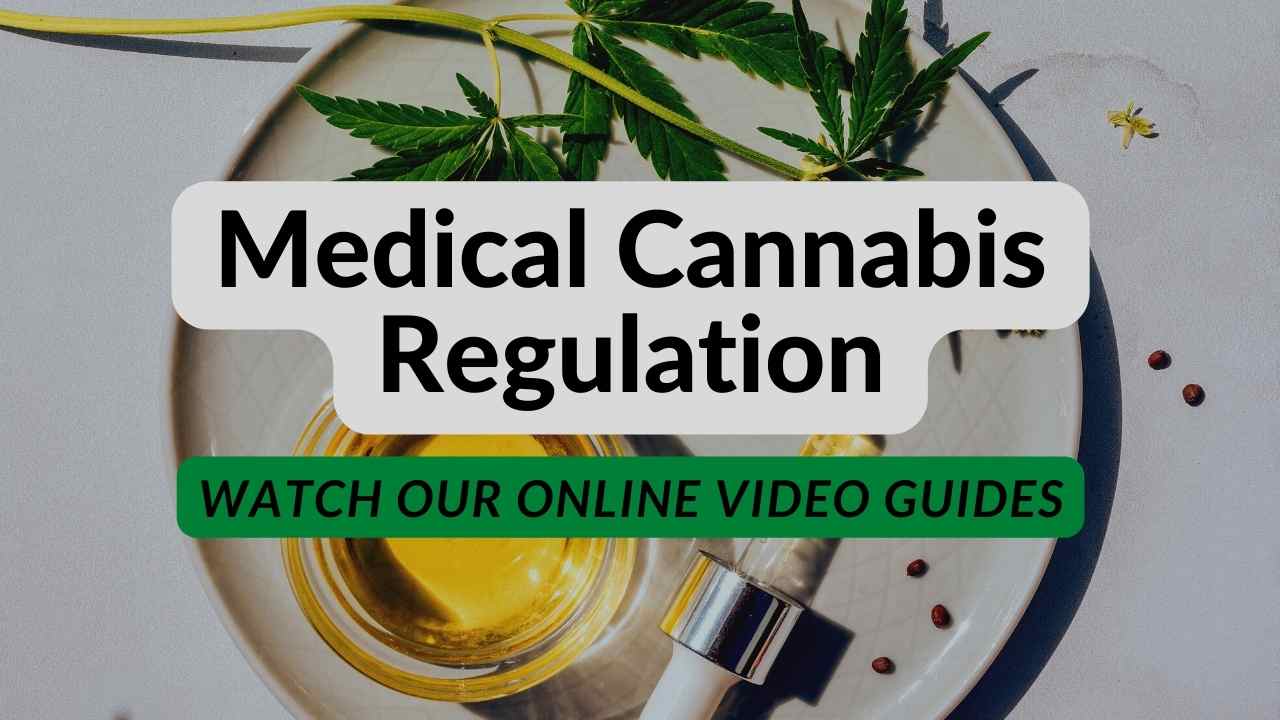
Is CBD weed legal in the UK?
CBD weed is currently illegal in the UK irrespective of THC content or variety. However, recent a recent court ruling (June 2023) may lead to a legal, low-THC ‘CBD flower’ market in the UK.
Is THC oil legal in uk?
THC oil is not legal in the UK because THC is a controlled substance under Misuse of Drugs law. It is illegal to import or sell THC oil in the UK without a government licence.
Is hemp oil legal?
Hemp oil is legal in the UK provided THC limit is within legal limit (1mg per container/bottle). Since hemp oil is traditionally made from hemp seeds, which naturally contain very low levels of THC, it is unlikely for hemp oil to have a detectable THC content.
CBD as a Novel Food
Authorities in the UK & EU member states now regard food, drink and food supplements with CBD as a “novel food”. Under novel food regulation, a key requirement is premarket authorization, which mandates that any manufacturer intending to put CBD into food must apply to the FSA in the UK and EFSA in the EU (depending on where they want to market).
Examples of CBD foods in scope of novel food regulations:
- CBD oils, capsules & oral sprays
- CBD gummies, mints & other sweets
- CBD infused tea, coffee, beer and soft drinks
- CBD snacks including energy bars
Novel food regulations exclude foods derived from cold-pressed hemp seed oil or flour.
Read more about CBD as a novel food here.
Are CBD gummies illegal?
CBD businesses in the UK are allowed to sell CBD gummies if they meet the novel food regulations and ensure that the THC content in each container/bottle is no more than 1mg.
Legality of CBD flower and bud in the UK
‘CBD flowers’ have become the popular term to mean the flower of cannabis. These products are commonly sold as ‘tea’ with claims of ‘legal’ levels of THC at below 0.2%. A recent court ruling means that a new precedent is set for CBD flower and paves the way to make CBD flower legal. Read on to learn more.
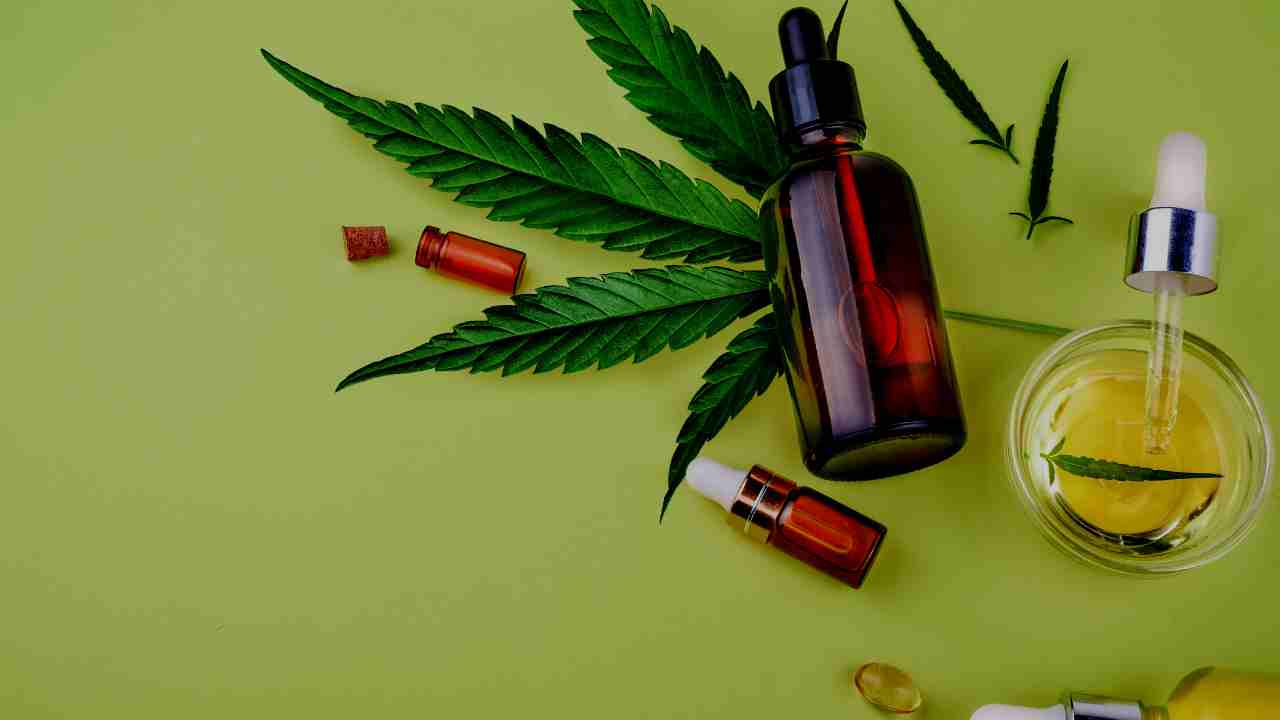
Is CBD flower legal in the UK?
In June 2023, the Court of Appeal made a decision on the legal status of CBD flower which has significant implications for the CBD Flower business in the UK. It establishes legal precedents that provide protection to businesses that operated before 31st December 2020 and confirms that CBD flower is not a narcotic, offering potential defence against criminal charges.
Differentiating CBD Flower from illegal cannabis
The court’s ruling emphasises that CBD flower is not considered a drug, and as a product that does not cause intoxication, it should not be treated in the same way as high-THC cannabis products. This clarification is crucial for businesses operating in the CBD industry and may prevent unwarranted prosecutions.
Farmers must destroy flowers
Farmers must either destroy or leave the rest of the hemp plant, including the bud and flower, to rot in the field. In the UK, only the stalks and seeds are allowed to be processed for making building materials, hemp oil, etc. Retailers are not permitted to sell bud and flower under current UK CBD laws.
Is it legal to sell CBD flowers or bud in UK in 2024?
With the recent court ruling, the legal status of CBD flower with THC below 0.2% and from EU origin is in transition. We may see updated UK laws permitting the sale of CBD flowers.
Do you want to sell CBD cosmetics? Learn about cosmetic regulation with our online course
UK Cannabis Laws: A Timeline
1928: Dangerous Drugs Act
First laws on the possession of cannabis introduced in Britain
1967: Drugs (Prevention of Misuse) Act
Recommendations made to reduce the penalties for possession of cannabis
1971: The Misuse of Drugs Act
A restriction is placed on the cultivation of all species of cannabis plant
2001: The Misuse of Drugs Regulations
New laws permits cannabis cultivation under a special licence issued by the Home Office and the smoking of cannabis for research purposes.
2015: The Misuse of Drugs (Designation)
The Misuse of Drugs paves the way for the first ‘medical marijuana’. Sativex – the first cannabis-based medicine in the UK – is allowed on to the UK market under prescription.
2025: Draft new rules for CBD?
New CBD laws coming soon!
CBD Terminology
| CBD | Cannabidiol is a cannabinoid that is non-psychoactive and has medicinal properties. |
| Cannabinoid | A group of compounds almost unique to the cannabis plant. Other cannabinoids include THC, CBN, CBG and CBC. |
| THC | Tetrahydrocannabinol is psychoactive and responsible for mood changing effects (euphoria and sedation). Like cannabidiol, THC also has medicinal properties. |
| Sativex | is the trade name for UK’s only approved cannabis-based medicine. An oral spray containing 2.7 mg THC and 2.5 mg CBD. |
‘Cannabis, Hemp, Industrial hemp’ – what’s the difference in the name?
Cannabis – This term refers to the plant ‘genus’. A collective term referring to all cannabis species.
Cannabis sativa L. – This is the Latin term for Industrial Hemp. Sativa is the species.
Armanca, CannaKomp etc – There are over 100 species of Cannabis Sativa L. all with different properties
‘Hemp’ or ‘Industrial hemp’ – This is the term for the crop used for industrial purposes
MHRA and CBD
Over the last few years, the MHRA – the UK health authority – has released sporadic statements on their view of the regulatory status of CBD and cannabinoid-containing products. The latest statement from December 2016 reads as follows:
“Our primary concern is patient safety and we wish to reiterate that individuals using cannabidiol (CBD) products to treat or manage the symptoms of medical conditions should discuss their treatment with their doctor.
MHRA will now work with individual companies and trade bodies in relation to making sure products containing CBD, used for a medical purpose, which can be classified as medicines, satisfy the legal requirements of the Human Medicines Regulations 2012.“
They have also written to some companies that market CBD products on their opinion. We can expect more statements from the MHRA in due course.
Trading Standards and CBD
Trading Standards is the authority that oversees the CBD retail market. The Chartered Institute of Trading Standards has said little on the topic of CBD so far. This is probably because they are waiting for a UK regulatory framework and instruction from the MHRA and other authorities. But in due course, we are likely to see a surveying of the UK market including CBD and THC lab testing of product sold from shops.
Trading Standards may also investigate non-compliant labelling such as health and medicinal claims. Along with the police, they have the power to seize non-compliant or unsafe product from retail outlets.
September 2018: Police raided and confiscated product from a shop in Plymouth. Officers supported by Trading Standards seized the products for “testing and police enquiries” as reported by Plymouth Live.
About Medic Pro
What We Do
We are a London-based regulatory affairs consultancy providing services to the e-cigarette, cosmetic, biocide, pharmaceutical and medical device industry. We help e-cigarette companies comply with the Tobacco Products Directive and pharmaceutical companies obtain and maintain medical product licences. We also offer UKAS accredited biocide and analytical testing services.
